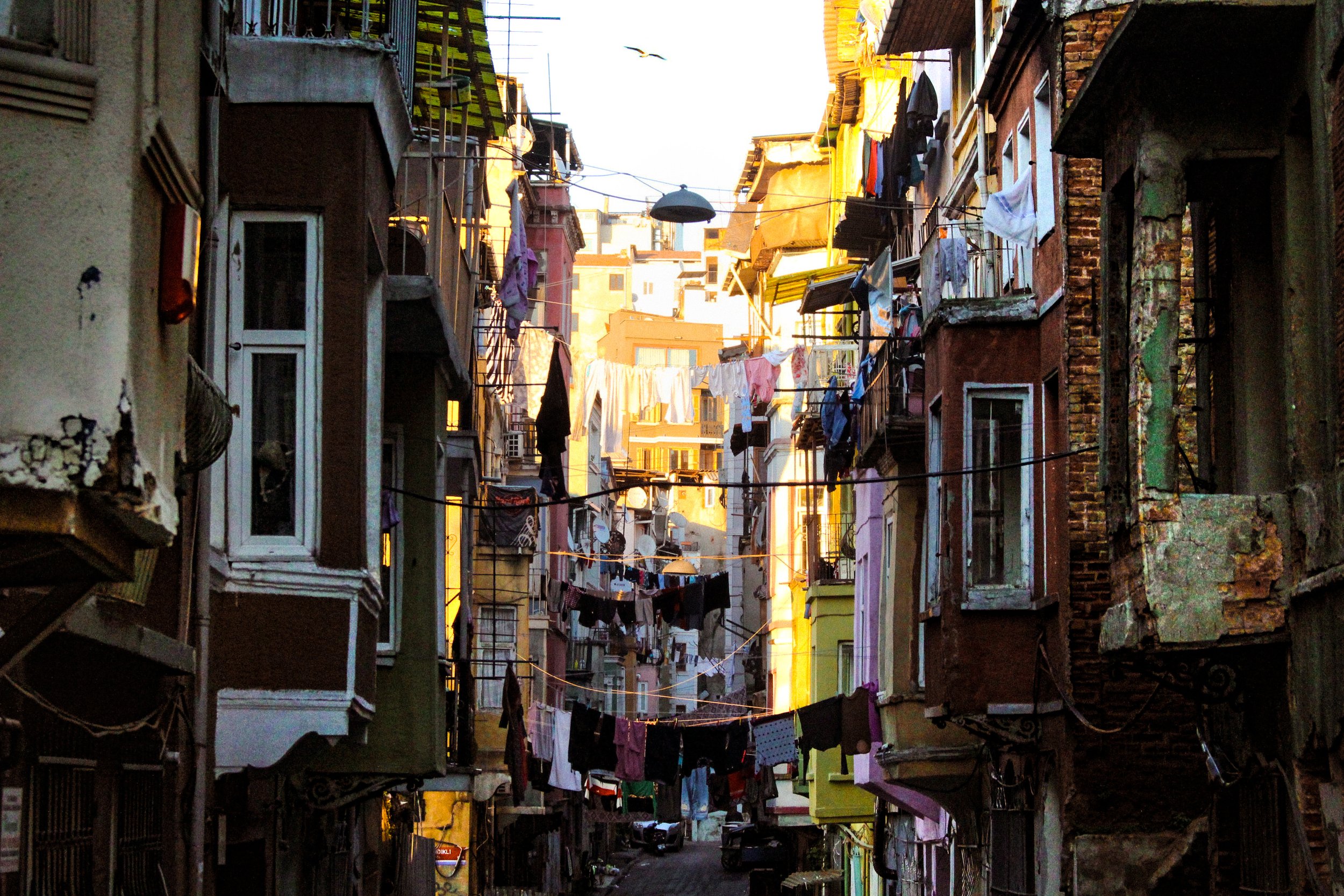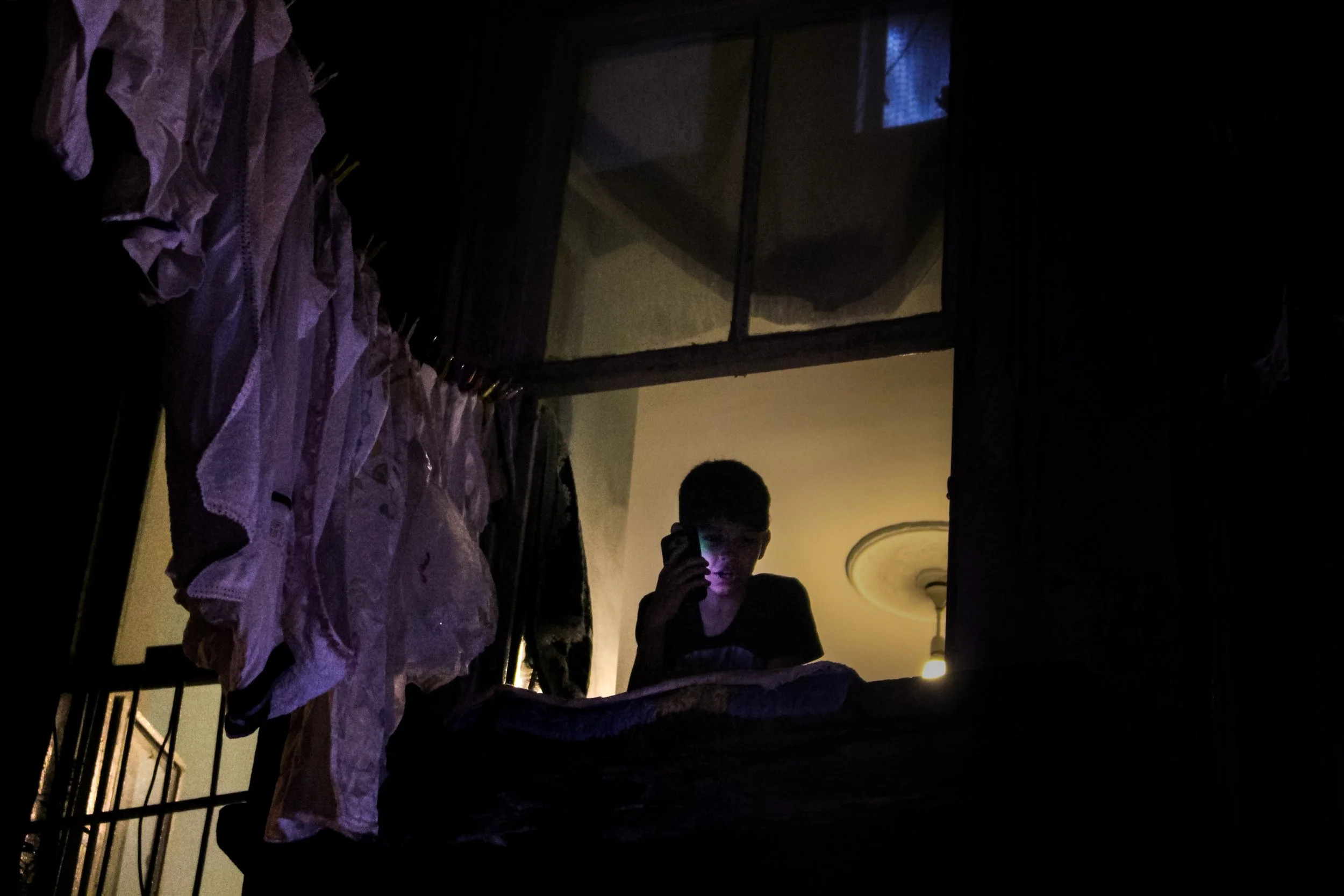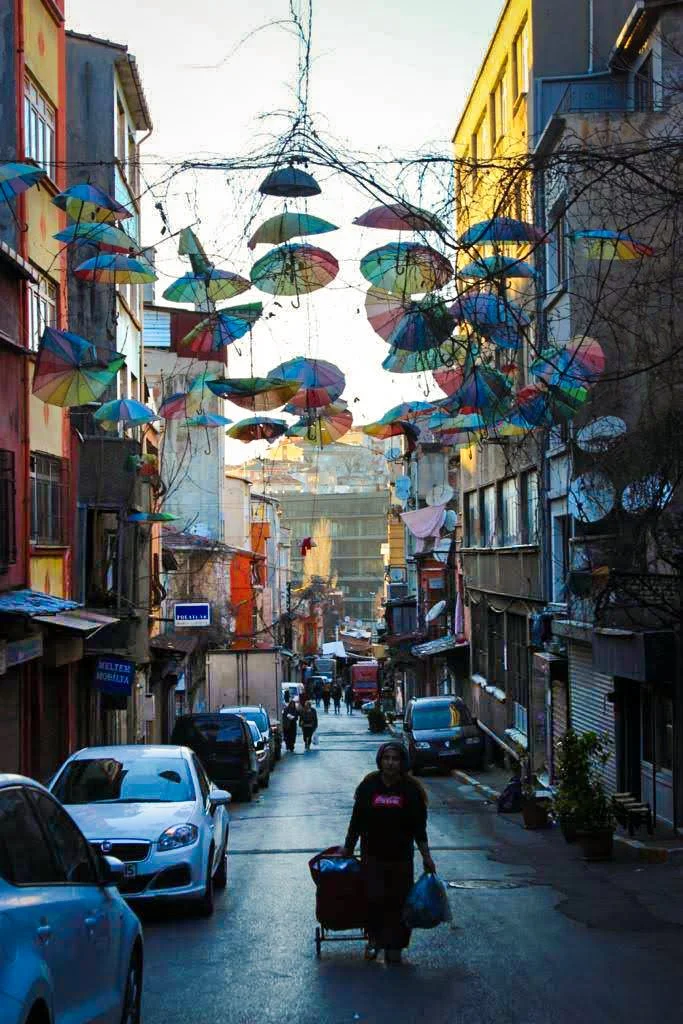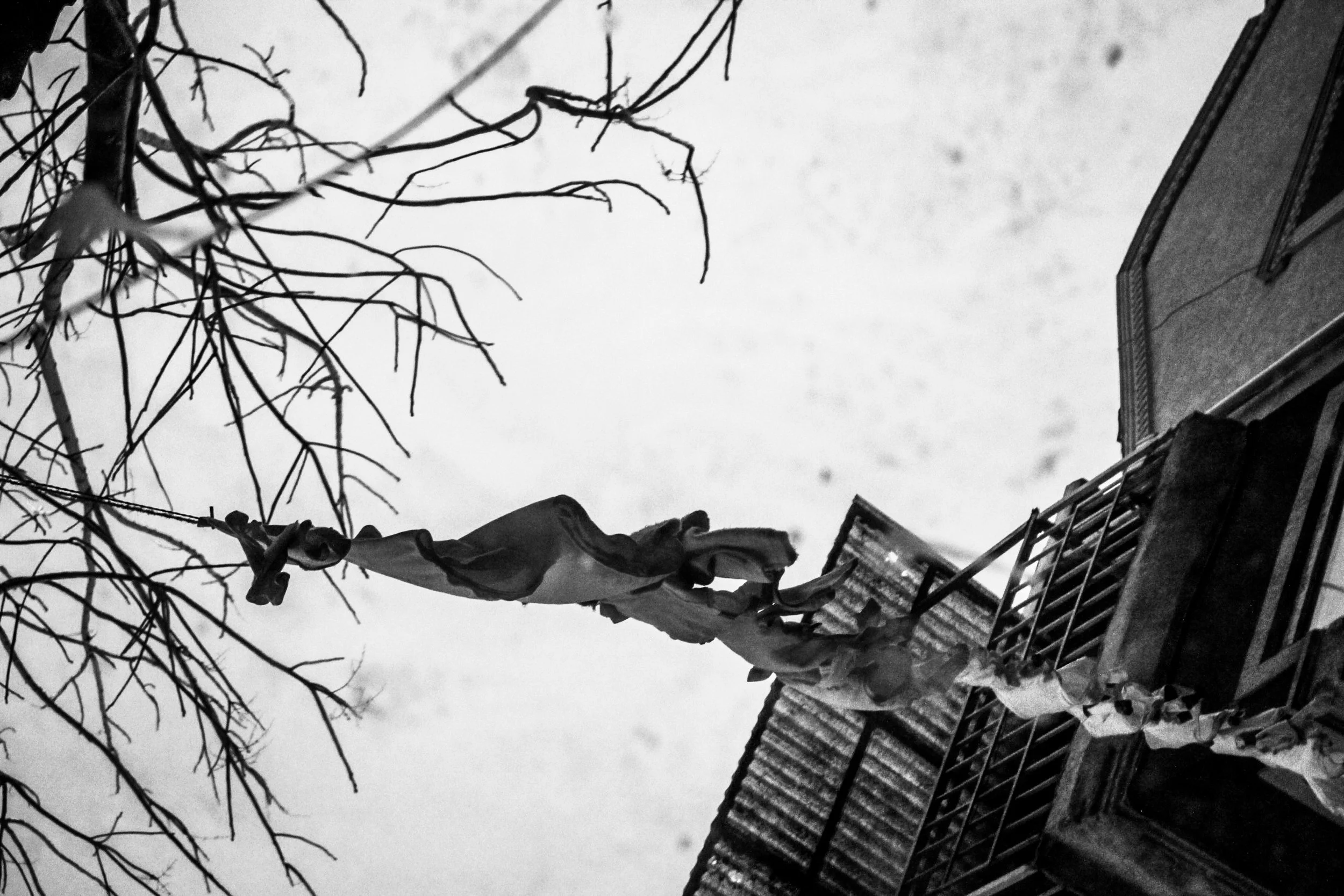
When I decided to volunteer at Tarlabaşı [Tar-la-basha] with Istanbul’s Tarlabaşı Solidarity Group, I didn’t expect to receive discouragement and cautionary remarks from some of my friends. I soon found out that the neighborhood holds a rather stigmatized reputation in Istanbul, given whom it harbors. Tarlabaşı, one of Istanbul’s oldest ghettos, located at Taqsim Square, one of the city’s most touristic geographies, embraces numerous minorities and migrants. There are Kurdish, Armenian, and Jewish settlers in the area, in addition to the recent reflux of Syrian refugees and African migrant workers.
It also harbors some of Istanbul’s most illicit economies from drug trade to sex work. Including members of the trans community who were easily spotted on my various trips down the neighborhood.
Tarlabaşı Street Iftars
On May 2019, Turkish Muslims celebrated Ramadan, a holy month in the Islamic calendar marked by fasting, spiritual meditation, and community strengthening. This month was also the month Tarlabaşı Solidarity Group launched a media campaign to raise awareness against the gentrification projects threatening the livelihood of the neighborhood’s settlers. Every weekend the organization, with the help of members of the neighborhood, organize a street iftar [breakfast] to break the fast of a long day. Volunteers and neighbors huddle up to roll out plastic sheets on a sloped street ground. Neighbors turn up the street light bulbs hanging from one worn out building to the other. Other volunteers help the neighbors with their cooking, and the rest of the team with the help of excited children, hand down plastic utensils, water cups, ayran, and napkins to lay down on the rolled out sheets.
The food was particularly humble. Most of the time consisting of shared bread or simit, and soup . On other days, there could be added turşu [pickled vegetables], and small portions of pilav [rice]. On lucky days, we could have lahmacun [dough topped with minced meat].
Nonetheless, suffice to say that with bread, soup, and water, one felt quite full, especially with everyone’s welcoming company.
Prayer Beads
One of organization’s main goals is to provide an opportunity for Turkish citizens to socialize with African migrants and refugees. Despite Turkey’s ethnic diversity, it is still a country that struggles with multiculturalism, and its African migrant community has been subject to numerous systematic and social discriminatory behavior.
The prayer bead in the picture above (left), was gifted to us by one of the active African migrants in the organization. These prayer beads are his bread and butter, a way for him to earn money in the streets of Istanbul like many African migrant men who stand at street corners selling cheap accessories for a living or extra income. Despite so, I felt embarrassed upon his insistence to accept his token of appreciation for our efforts and mere company.
Street Storytelling
After eating and socializing, we quickly clean up and and roll out straw mats/recycled plastic mats for Maghrib [sunset] group prayer for practicing Muslims. Those who do not pray, observe quietly from the back or practice their own self-meditation. Once prayer ends, everybody gathers sitting down on the mats laid on the ground for the highlight of the night - storytelling. Children pop up out of windows and apartment gates to listen and engage with the hakawati [the storyteller]. With one story after the other, in the dark allies of Tarlabaşı , more people join in as they hear our loud laughter, woes and awes engaging with the talented orator.

























